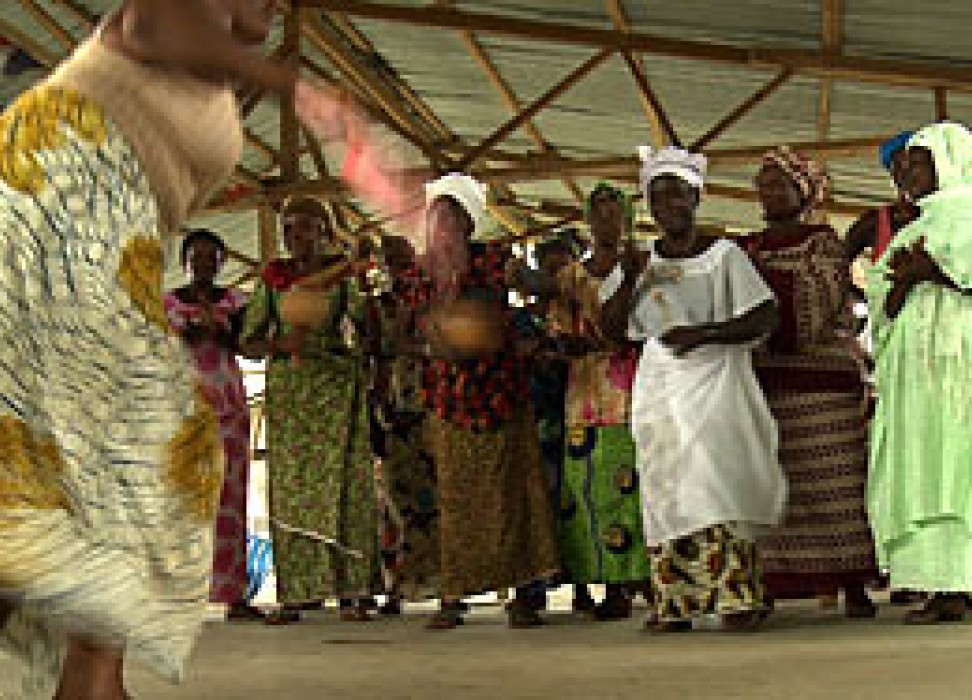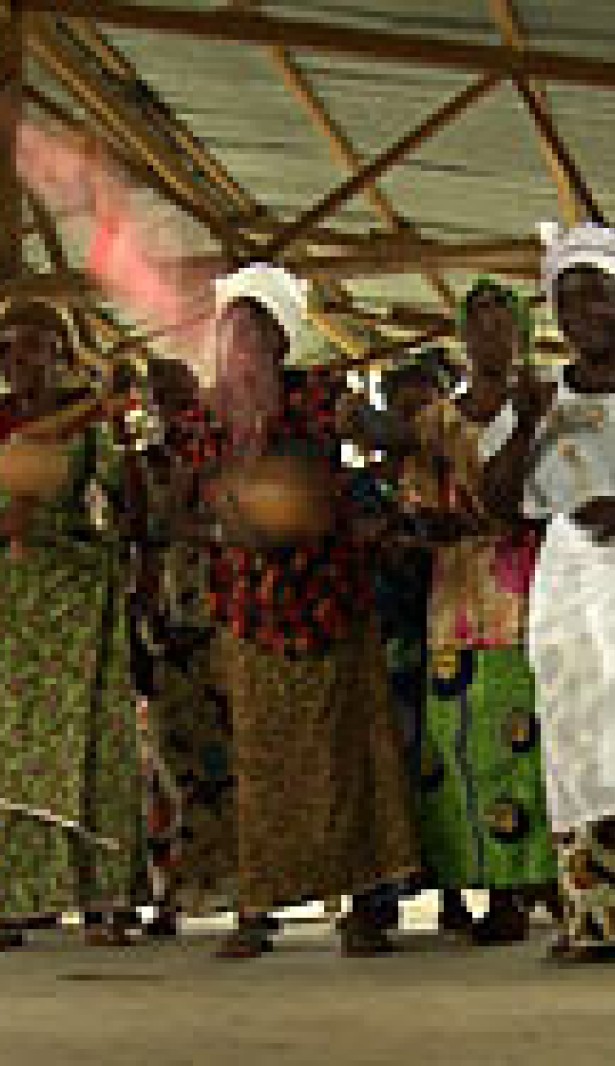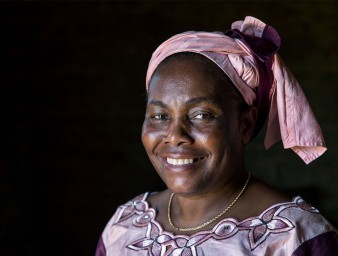Fighting FGM: Girls’ right to education versus traditional practices
07 February 2013

Attaining primary and secondary school education for girls in Liberia remains a major challenge. Girls aged below 10 years are pulled out of formal education, by traditionalists, and forced to take part in traditional female initiation ceremonies, which include Female Genital Mutilation (FGM), in informal settings locally known as “bush schools”. As a consequence, nearly half of women in Liberia are illiterate, according to United Nations statistics.
A programme supported by the United Nations Human Rights office is engaging with some of the rural communities in Liberia to encourage them to allow girls to complete formal education. One county, the Grand Cape Mount has been successful in convincing traditionalists to stop pulling girls out of school for initiation.
Anne Ogbigbo is the UN Human Rights officer in the Grande Cape Mount region. “Our aim is to be able to talk about FGM openly and I think we are going to use the children’s law as an entry point,” she says. “When people come to talk about harmful traditional practices, they say ‘How do you know that they are harmful?’ So I think we need to engage with the traditional leaders and try to explain why it is harmful... You have to understand when you talk to them about [the] Convention on the Rights of the Child, for them it sounds remote. Little by little, we will talk about child rights and we will progress.”
The International Day of Zero Tolerance to Female Genital Mutilation is observed on 6 February each year to raise awareness about this practice. According to the World Health Organization, FGM is affecting about 140 million girls and women, and more than 3 million girls are at risk every year.

VIEW THIS PAGE IN:



